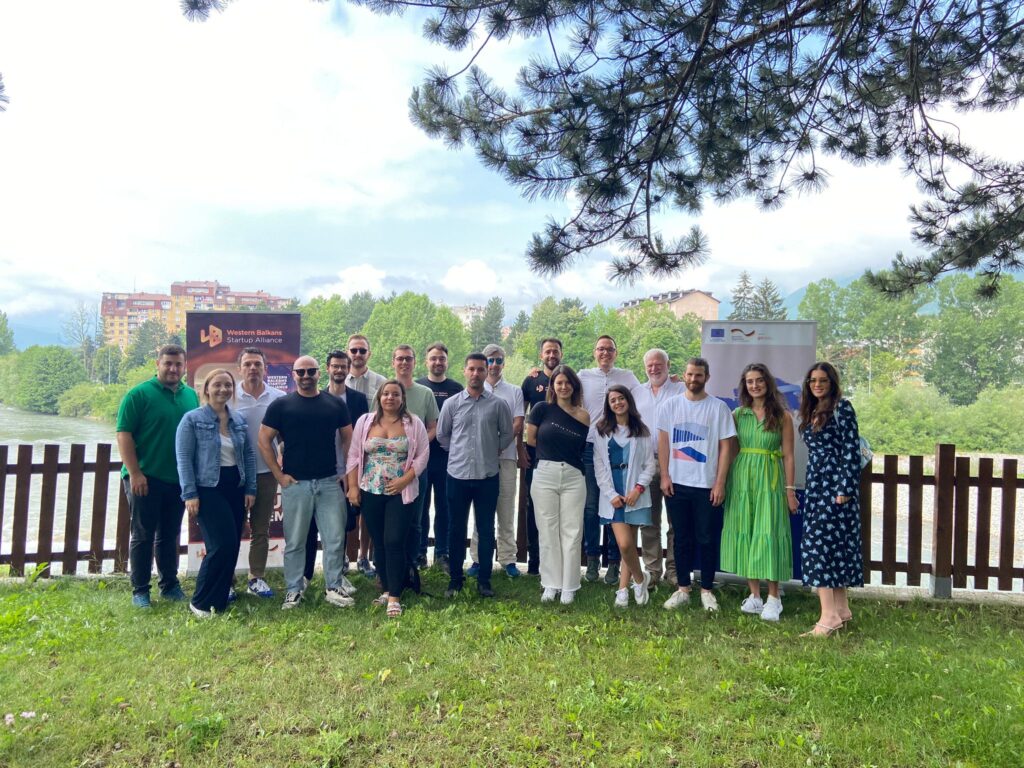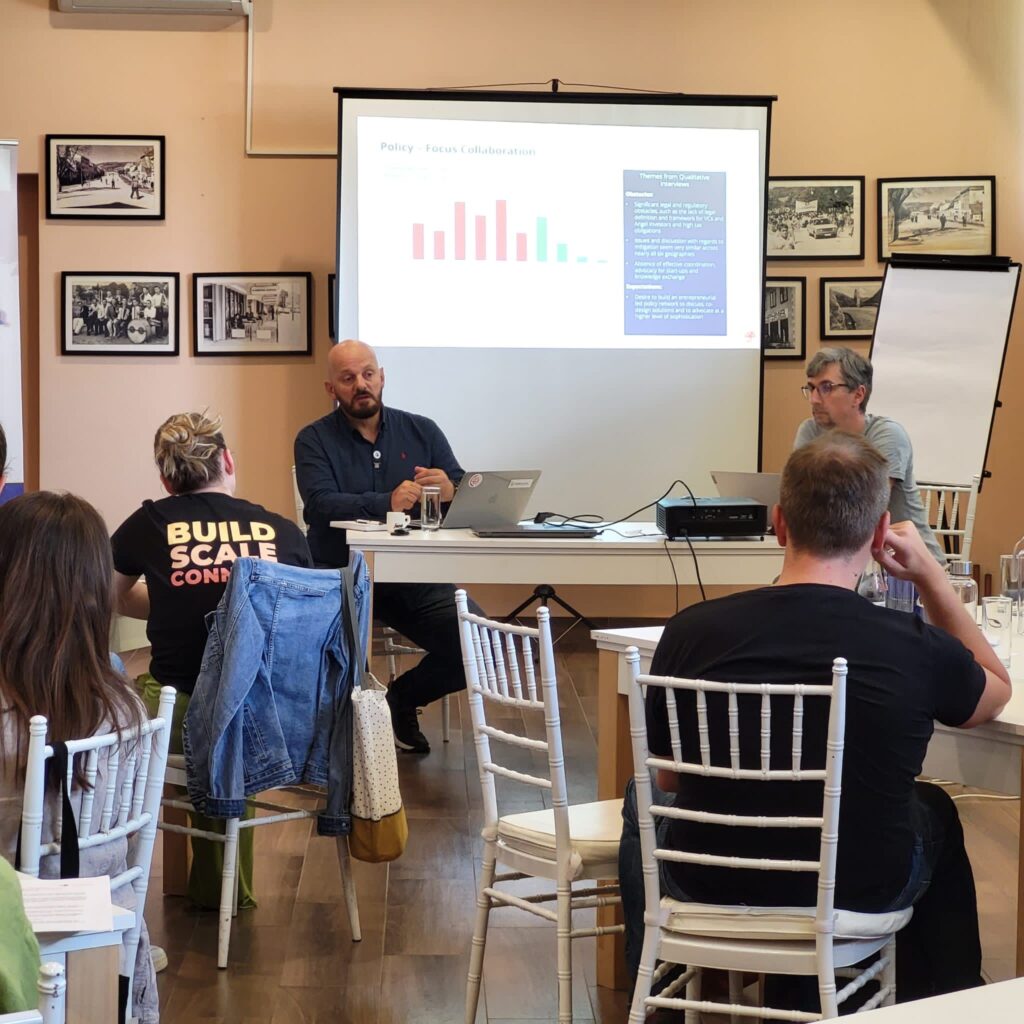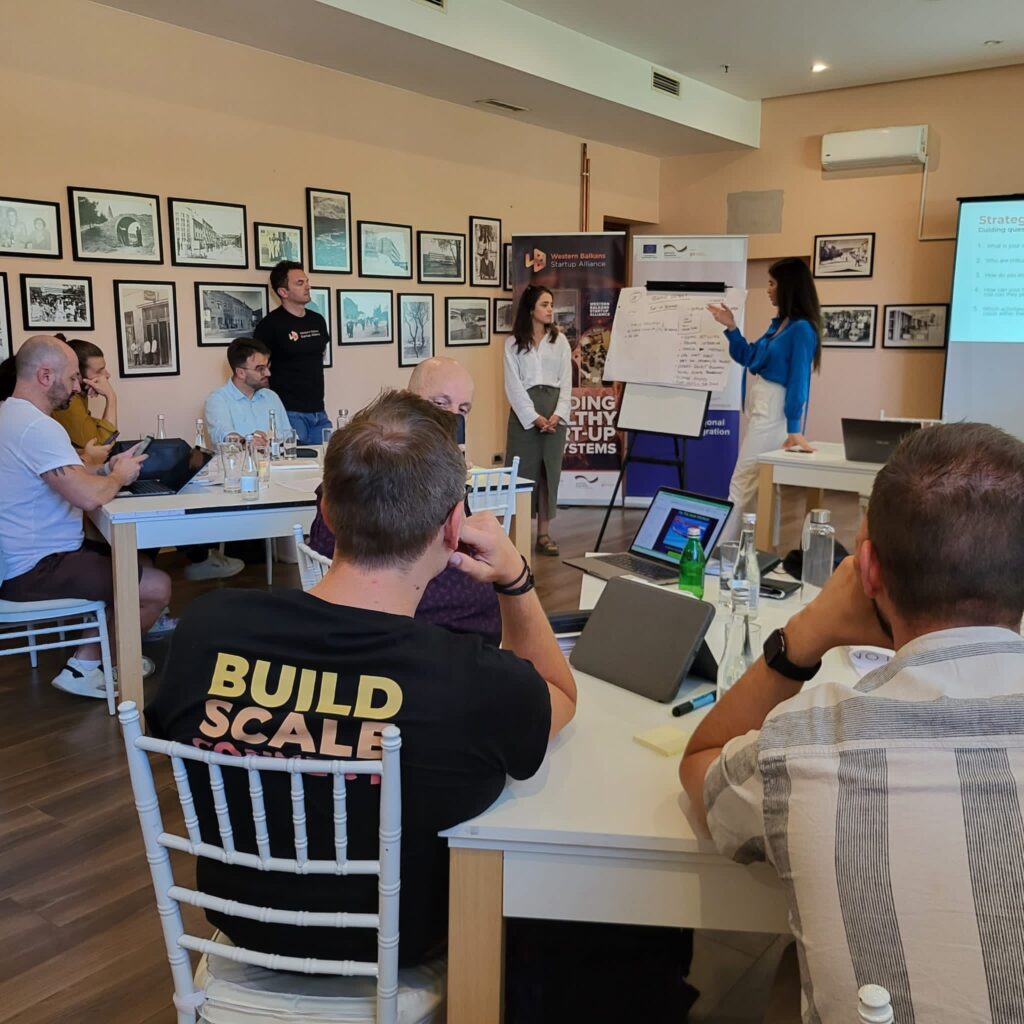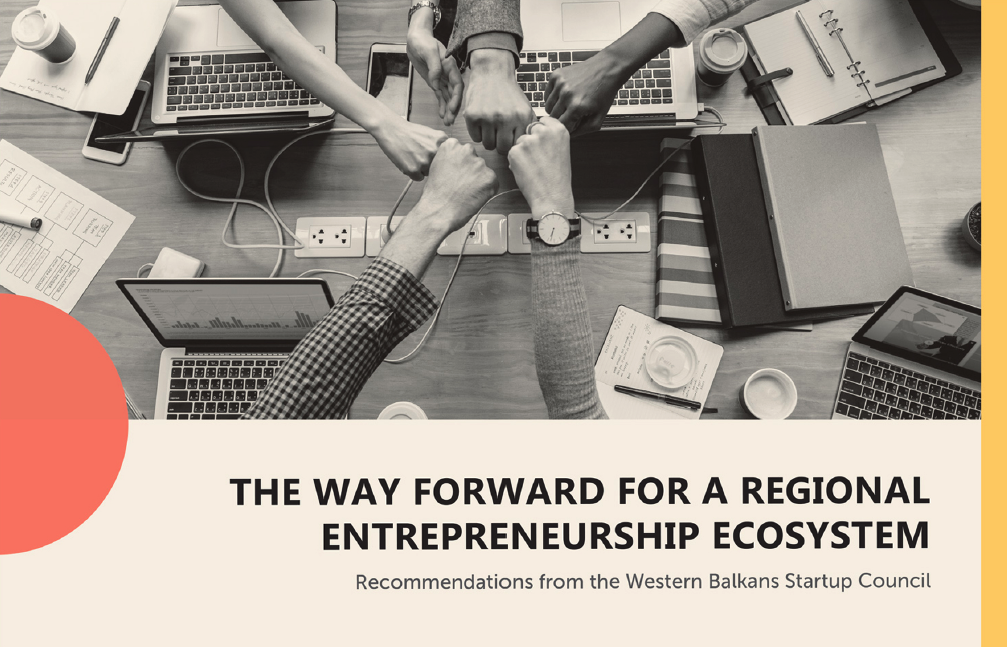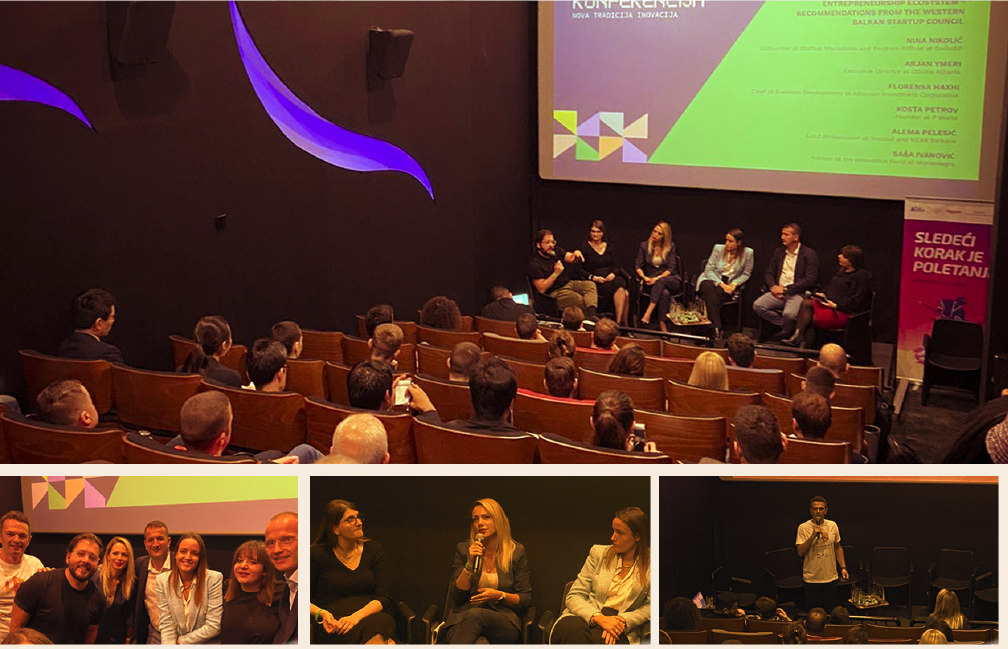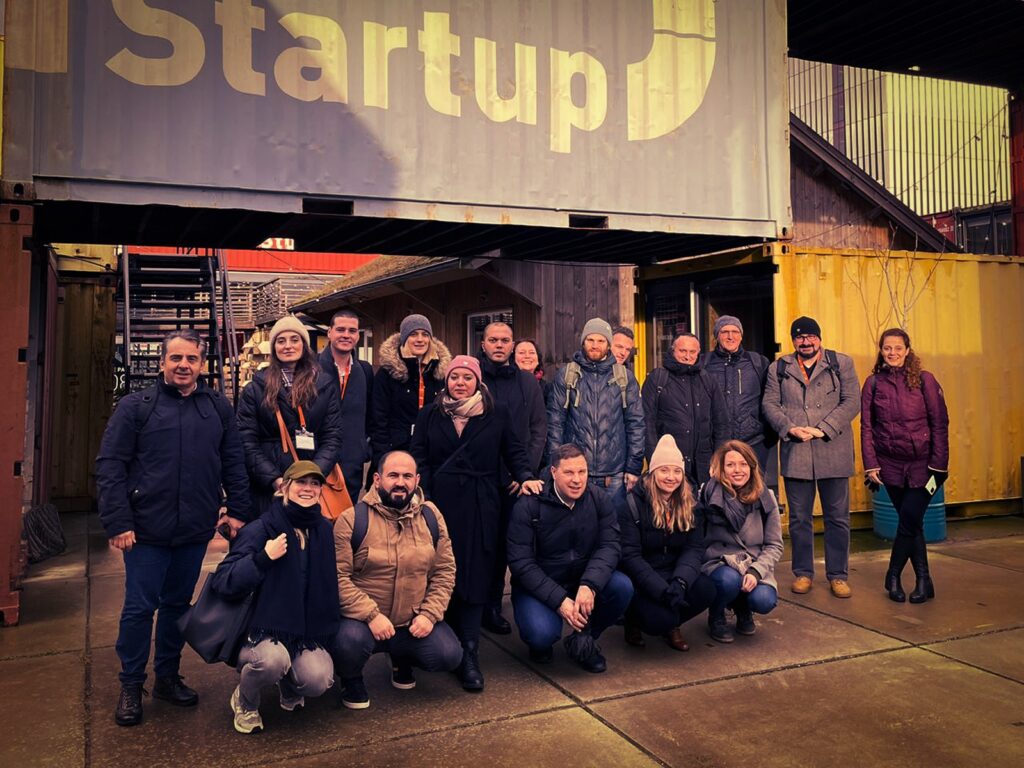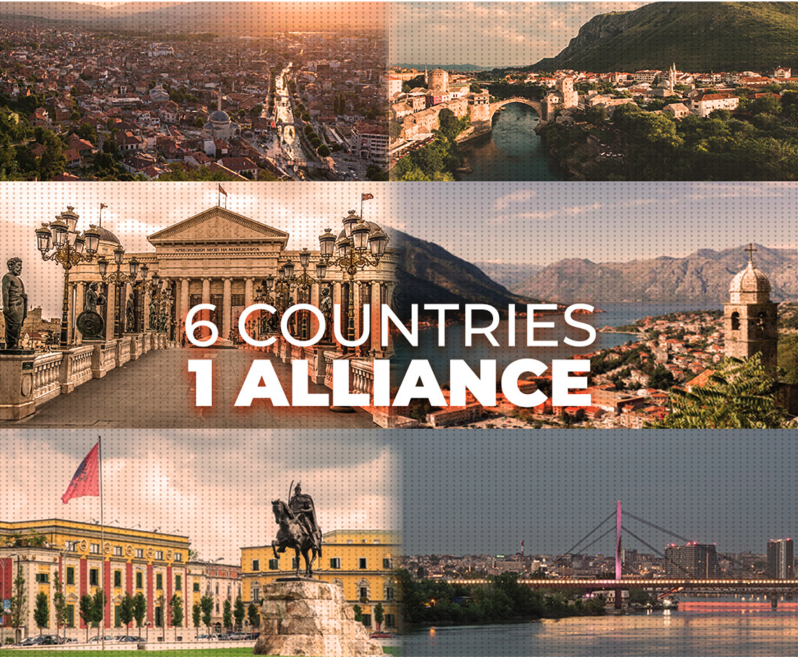Montenegro’s Laws on Innovation and R&D Incentives Promote Entrepreneurship and Growth
In recent years, Montenegro has emerged as a promising destination for startups and innovative businesses. The country’s Government has recognized the importance of promoting innovation and entrepreneurship and has taken several steps to support the development of these sectors.
One of the most significant steps in this regard is the adoption of two modern laws in 2020 – the Law on Innovation Activity and the Law on Incentive Measures for the Development of Research and Innovation. These laws provide entrepreneurs with a clear legal framework, encourage innovation and entrepreneurship, reduce bureaucracy, facilitate access to financing and promote economic growth.
By creating a supportive environment for innovation and entrepreneurship in Montenegro, laws provide a legal framework for research and development, protection of innovation and establish a range of measures to support innovative businesses.
One of the key provisions of the Innovation law is the establishment of the National Council for Innovation and Smart Specialisation. The Council is tasked with developing policies and strategies to promote innovation, advising the government on matters related to innovation, and coordinating the activities of different stakeholders in the innovation ecosystem. The law also provides for the establishment of the Innovation Fund, which is intended to provide financial support to innovative businesses.
The major result from the Law on Innovation is the establishment of the Fund for Innovation in Montenegro, which formally started working in September 2021. Its main activity is the implementation of innovation policy by providing and directing financial resources from national, international and other sources towards the development of innovative entrepreneurship and encouraging cooperation between the scientific and economic sectors. The Fund very soon became operational and successfully implemented two program lines in 2022. For this year the Government approved significantly higher budget and the Fund is going to implement 8 new support instruments during this year, i.e support for startups in pre-acceleration phase and early stage, proof of concept, vouchers for patent protection, support for strengthening innovation culture, educational programs in S3 priority areas, as well as largest support Program for strengthening the innovation of newly established or existing MSMEs.
Additional strength to the development of innovation and entrepreneurship in Montenegro is enabled by the Law on R&D and innovation incentives, which provides a wide range of benefits and incentives for domestic and international companies. These incentives include tax breaks for innovative businesses, support for the commercialization of research and development results, and investments in startups.
This Law outlines the types of incentive measures available for the development of research and innovation and these measures include reduction or exemption of various types of taxes or fees that one legal or physical entity can receive. These measures are aimed to encourage and support innovation and research in Montenegro by providing financial relief and incentives to individuals and companies engaged in these fields. They can be incentivized through exemption or reduction of personal income tax, contributions for social insurance, corporate income tax, fees for communal equipment of construction land, use of state-owned real estate and real estate tax.
The exact type and scope of available incentives depend on the type of entity.
Start-ups and spin-offs have the most supportive environment and best conditions for development and growth. They are entitled to apply for full exemption from personal income tax and surtax for their employees and other engaged persons for a period of up to five years from their establishment date and receive investment from the other legal entity.
Practice has shown that the most popular measure is the Corporate income tax exemption. This measure fosters legal entities to invest in their own innovation projects or invest in startups. Based on that investment they are entitled to ask for exemption from the corporate income tax for the profit reinvested in purchase of shares of startups or spin-offs, or profit given as a donation to scientific research institutions, research or innovation infrastructure entities.
Innovation activity entities may use several incentives at the same time, provided that the total amount of incentives does not exceed the permitted limit of 300,000 euros over a three-year period, in accordance with the law governing state aid.
The laws on innovation and R&D incentives are significant steps towards creating a supportive environment for innovation and entrepreneurship in Montenegro. Together, they provide a clear legal framework for innovation and establish a range of measures to strengthen competitiveness and support the development of innovative businesses. With the implementation of these two laws, recognizing the importance and positioning innovation high on the agenda, Montenegro made a significant step forward and it is currently well positioned to become a hub for innovation and entrepreneurship in the region.

